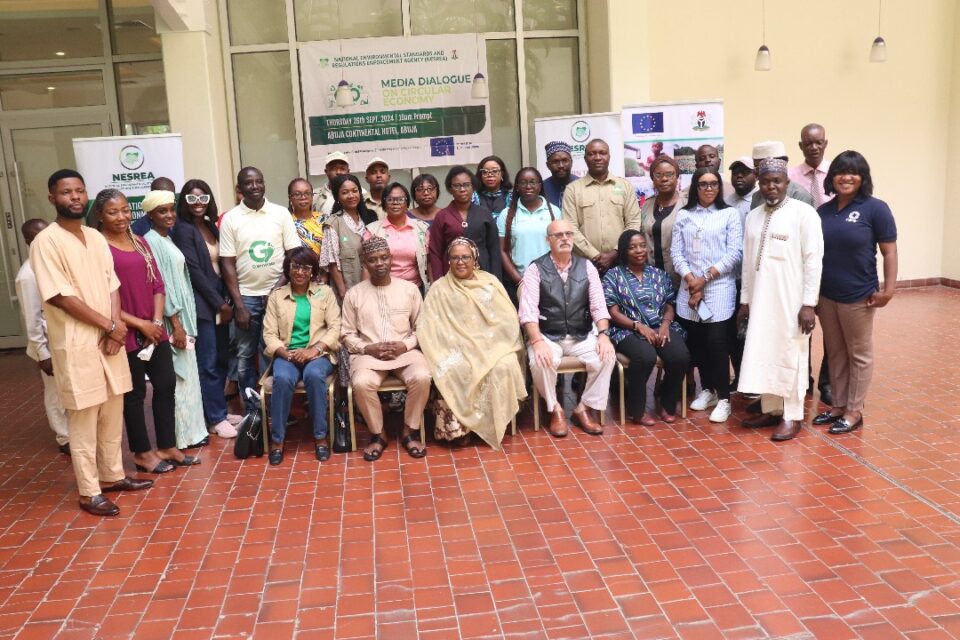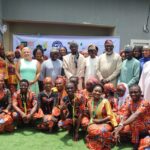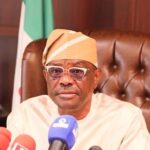The National Environmental Standards and Regulations Enforcement Agency (NESREA) has made a case for circular economy, saying it will minimise waste and pollution by promoting the reuse, recycling, and refurbishment of products.
Director General of NESREA, Dr Innocent Barikor, stated this at a Media Dialogue on Circular Economy in Abuja on Thursday.
The media dialogue was organized by NESREA with the support of the European Union (EU).
According to Barikor “Circular Economy is a model which transforms the way we produce, consume and dispose of resources.
”It seeks to keep products, materials, and resources in use for as long as possible, minimising waste and pollution.
He said Nigeria had since embraced the circular economy model, with NESREA spearheading the initiative through its Extended Producer Responsibility (EPR) programme.
”The Agency has launched the implementation of circular economy principles nationwide,” he said.
Barikor said that the circular economy aligned with five Sustainable Development Goals, SDG 13- Climate Action; SDG 12-Responsible Consumption and Production; SDG 9- Industry, Innovation, and Infrastructure.
In a Goodwill message, Mr Godfrey Ogbemudia, the EU programme Manager Energy, Circular Economy and Climate Change, said that there was a need to create more awareness on the circular economy in Nigeria.
“The EU takes this circular economy very seriously, we can’t continue on with the linear economy any more. We support NESREA on this programme and other regulatory framework.
“We are partnering with NESREA to create awareness on the circular economy,” he said.
Director of Partnership and Education at NESREA, Mrs Bintu Mohammed welcomed participants, highlighting the critical role of the media in promoting environmental awareness
She said the Circular Economy model in Nigeria was being implemented under EPR programme.
“Circular Economy represents more than just a shift in how we manage resources; it’s a fundamental change in how we think about our relationship with the environment.
“It is a departure from the linear model “take-make-use-dispose” to a model which allows us to re-design our products.
“This is so that they can be reused, recycled, refurbished and repurposed in a way that helps to regenerate our natural resources in a closed loop,” he said.
Mohammed said that the EPR programme is already being implemented in Nigeria in some key sectors which included the food and beverages, battery, used tyres, electrical and electronics.



